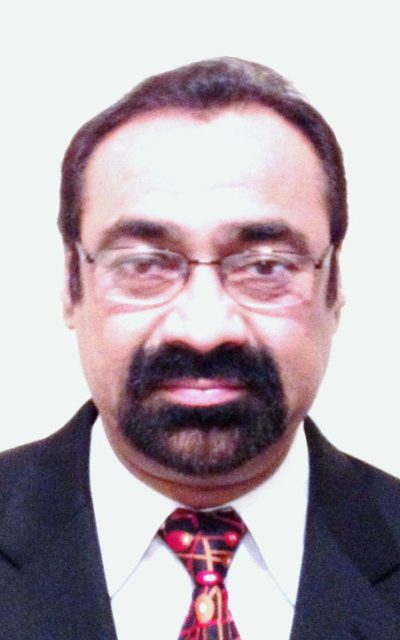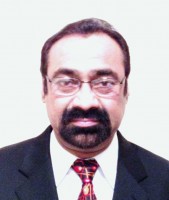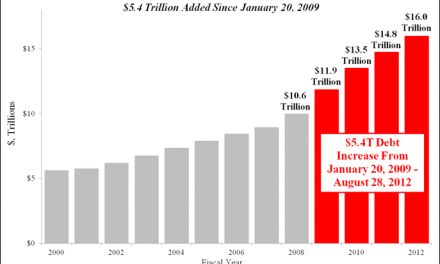By Sundar Viswam
Every day, thousands of aspiring immigrants queue up outside American embassies all over the world for visas, nervously checking and rechecking documents, feverishly chanting every prayer they know, rehearsing terrified answers to imagined interview questions, the dreaded ‘Rejected’ stamp haunting them day and night. That is just the first in a series of stamps that will torment them as they labor through the labyrinths of an immigrant’s journey that can take more than a decade, oftentimes ending in tragedy, or worse still, not ending at all.
Today, as I watch protesters stake their claim to eleven million places in the queue ahead of legal immigrants, and politicians wanting to ‘clear a path to their citizenship’, fury is a lump in my throat, resentment stinging like sour bile. Legality is helpless in the face of such mammoth numbers. It took me ten years to become a citizen, but I am just one vote, not a vote bank. The irony is bitter – they are called ”Guest Workers’, while Green Card holders are called “Resident Aliens”. Employment visa holders sometimes need an “Advanced Parole” like common criminals to be able to travel. Illegal workers only need to know how to climb a fence.
I scan the headlines from Texas and Arizona on my laptop. I am ready to fire off an acrimonious letter to my senator. Send the children back, I want to scream. Let them enter once and you are setting a precedent. Close your eyes, grit your teeth and send them all back once, and it will deter the others who want to follow.
I pause as a Google search shows news items from Zimbabwe, Ethiopia and Somalia, among the poorest and most violent countries on earth. Yet illegal immigration is a festering problem between them. I see an image – a truck stopped on a remote desert road, terrified, cowering laborers surrounded by pushing, threatening policemen. Why would anybody want to illegally enter, reside in such countries? What could be so wretched about one’s life that one finds that risk acceptable? Yet, every few months, scores of illegals are arrested and deported from each country.
More images singe my thoughts – of men watering the grass on road dividers, the heat rising like a monster from the tar, of men breaking stones in desert quarries, of men living in their hundreds in basement dorms without air-conditioning, without running water, without a day off for years – many times without food, saving every last penny to send back home to a family that will starve a little less thanks to them.
I have seen the wretchedness of such existence at close quarters, when I lived in the Middle East. Many workers were of retirement age, bent and broken by life. They really don’t need tools; their misery is enough to melt sheer rock. My heart breaks. I close my laptop. My anger dies, as if scorched by the desert sun, my eyes suddenly teary as if stung by blowing sand.
Illegal immigration is a problem in every country. Even the poorest countries need to guard their borders for there is always someone even poorer desperately trying to find a better life, willing to endanger and sacrifice his own life if only his family can live theirs with a little more dignity. How can I fault this simple human quest?
I cannot pretend to have an answer. I only know that the numbers are frightening and have to stop. Our borders have to be sealed, laws must be put in place to say unequivocally who stays and who goes, and enforced without hesitation. For decades, politicians have overlooked our porous borders and a broken immigration system, even though its impact is far reaching and permanent. In the post 9-11 world, it is also infinitely more dangerous.
I am as torn and divided as the nation, conflicted emotions swinging like crazy pendulums, sometimes this way, sometimes that. I suspect it is the same with most human beings. We may like to pride ourselves on our sense of cold justice, but our hearts are forever swayed by brotherhood, sympathy and fairness.
That is the difference – justice is blind; human beings are fair. And in that difference must we search for the solution.
Sundar Viswam, a banking systems professional, contributes opinion pieces to publications. His email address is: [email protected]. His website is www.mynuscript.com








